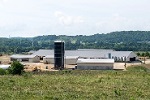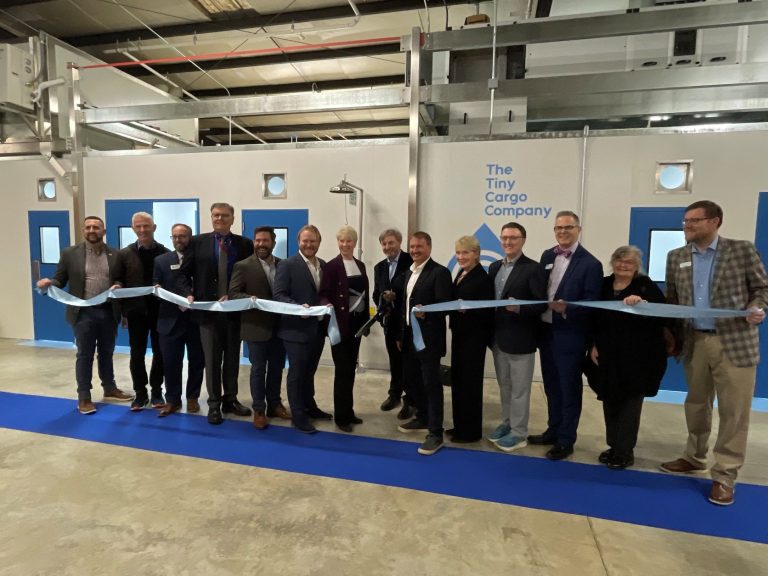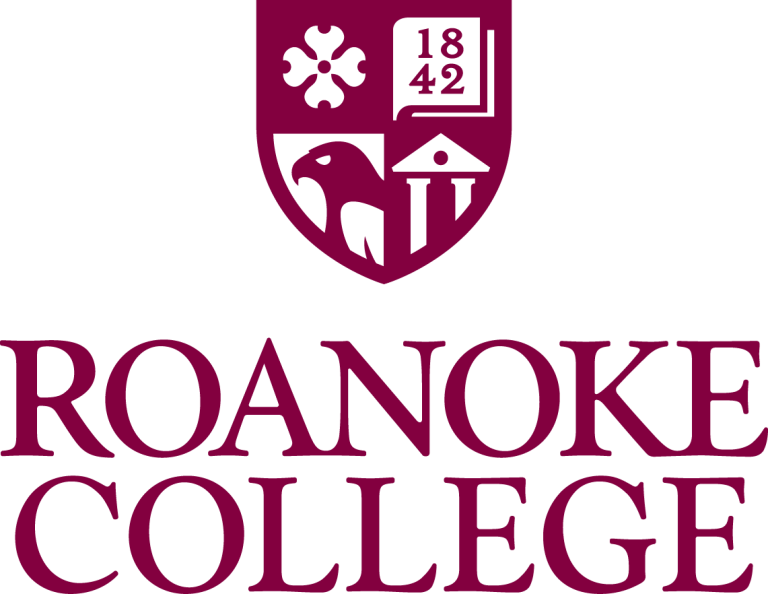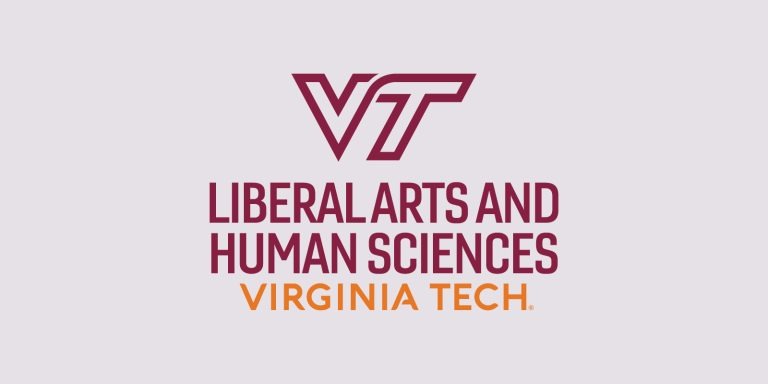 Virginia Tech news relase: The Virginia Tech Board of Visitors recently approved the proposed design for the second phase of the new Dairy Science Complex. Phase II builds upon the new state-of-the-art research facilities and provides additional space for world-class research, teaching, and Virginia Cooperative Extension (http://www.ext.vt.edu/) initiatives in dairy and animal sciences. The $7.6 million facility will include an applied reproductive physiology facility adjacent to the Virginia-Maryland College of Veterinary Medicine, an intensive metabolic research facility at the Kentland Farm complex, and a bovine extension, teaching and research facility on Plantation Road.
Virginia Tech news relase: The Virginia Tech Board of Visitors recently approved the proposed design for the second phase of the new Dairy Science Complex. Phase II builds upon the new state-of-the-art research facilities and provides additional space for world-class research, teaching, and Virginia Cooperative Extension (http://www.ext.vt.edu/) initiatives in dairy and animal sciences. The $7.6 million facility will include an applied reproductive physiology facility adjacent to the Virginia-Maryland College of Veterinary Medicine, an intensive metabolic research facility at the Kentland Farm complex, and a bovine extension, teaching and research facility on Plantation Road.
(Continue reading for the rest of the news release.)
“The new buildings are an indication of the university’s support of the land-grant mission and will ensure the continued success of our award-winning dairy science program,” said Mike Akers. the department head and a professor of dairy science. “The facilities will allow our students to learn in the best environment possible. We have a strong dairy science program and these facilities make it even better as a hub for research and teaching. What is learned here will increase our understanding of dairy cattle and ultimately help boost profits and efficiency for dairy farmers.”
The new additions reinforce Virginia Tech’s top-notch dairy science program and contributes to the university’s land-grant mission to serve as a resource for residents of the commonwealth.
The move from the former dairy complex on Southgate Road was prompted by the expansion of the Virginia Tech/Montgomery Executive Airport, the Virginia Tech Corporate Research Center, and a new U.S. Route 460 interchange.
Much like Phase I, the commitment to sustainability is evident in Phase II, with architectural details such as a bi-level roof structure and open metal slat walls which promote better natural ventilation without expending energy.
“This is an exciting time to be in the College of Agriculture and Life Sciences (http://www.cals.vt.edu/) and to be a dairy science student,” said Alan Grant, dean of the college. “The new dairy facilities provide unparalleled experiential learning for students and a research facility that faculty can use to solve real issues facing dairy farmers in the commonwealth.”
The new facilities will also be a boon to collaboration.
Scientists working at the new complex will collaborate with partners in the Department of Dairy Science (http://www.dasc.vt.edu/), the Department of Animal and Poultry Sciences (http://www.apsc.vt.edu/), the Agricultural Technology Program (http://www.cals.vt.edu/agtech/), the Virginia-Maryland College of Veterinary Medicine (http://www.vetmed.vt.edu//), and with colleagues from industry and universities across the United States.
The facilities will allow the study of basic and applied science and technology, the interfacing of science and production agriculture, and the dissemination of new information on animal nutrition, physiology, lactation, genetics, reproduction, infectious disease, immunology, and the business of dairy enterprise management. Studies also include nutritional and management approaches to minimize environmental impacts of dairy farm operations and the study of mechanisms involved in control of disease and the improvement of milk quality.
This first phase of construction was funded by Virginia Tech with nongeneral funds. The project was completed in the summer of 2015 and the cows were relocated in August.
Construction on Phase II is expected to start in 2016.
Some of the features of Phase 1 included a double-12 parallel milking parlor with a computerized milk-monitoring system, a freestall barn where the 228 milking cows are housed, a modern waste management system, a special needs heifer barn, and a pre-weaned calf facility.



